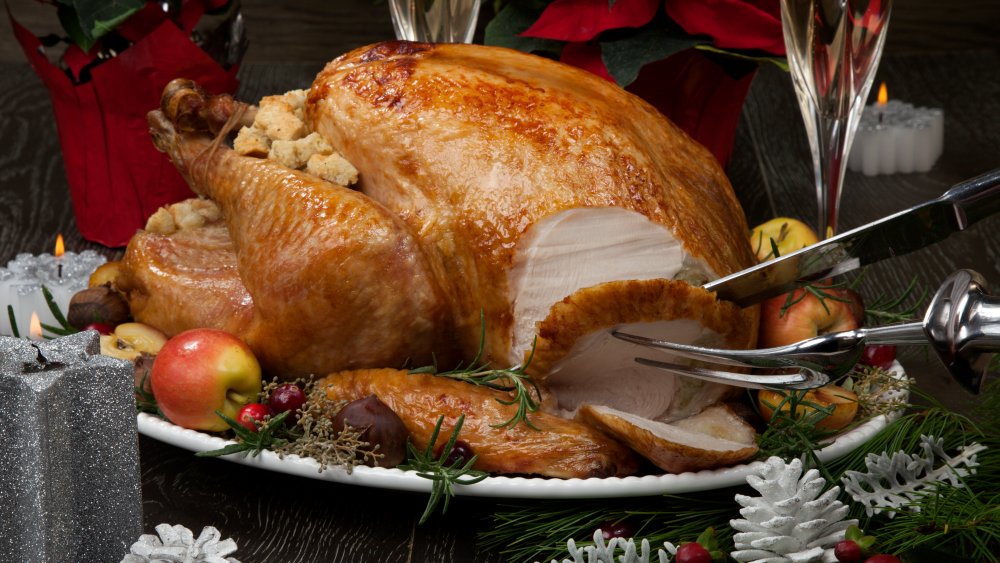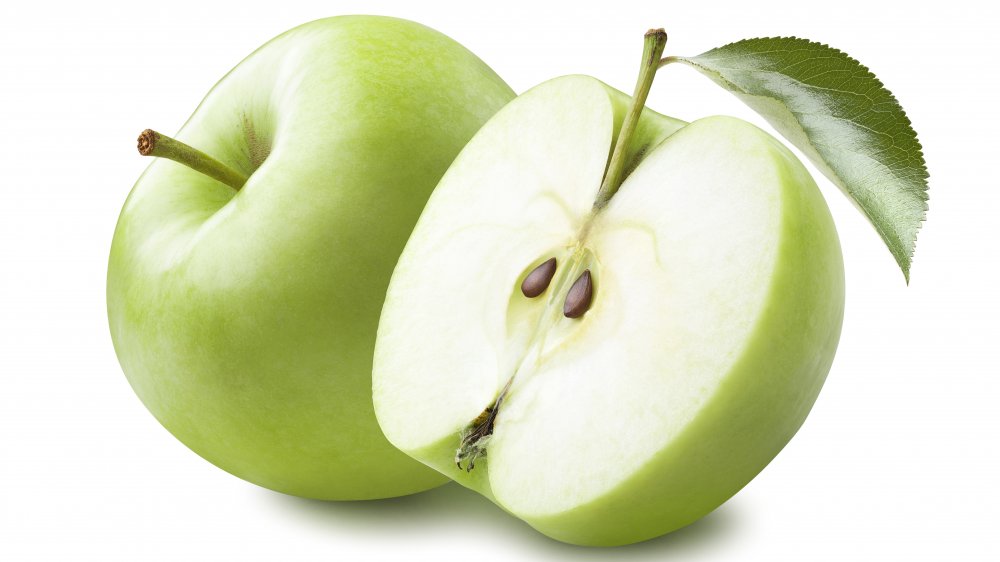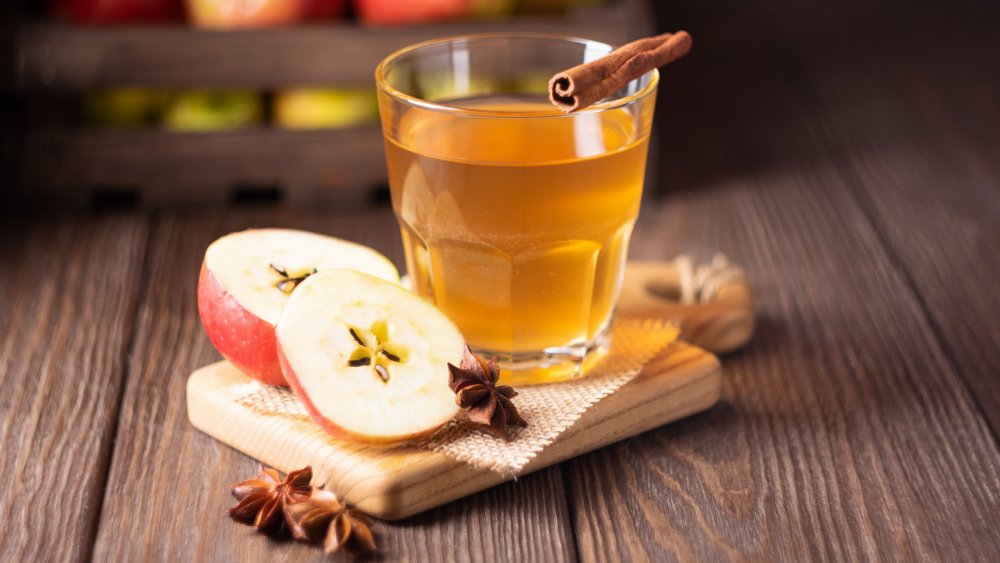The Secret Ingredient You Should Add To Your Turkey
Turkey Day is almost here, and you know what that means, don't you? Even before the annual tableside arguments over politics, the meaning of life, and who gets the last drumstick, you'll need to wade through a laundry list of absolute, guaranteed, best-ever ways to cook your holiday turkey. You absolutely, positively must dry brine/wet brine/deep fry/smoke/grill/embalm your bird, and that's not even getting into the issue of whether stuffing should be cooked on the inside or outside. Oh, and then there's the side dishes, the desserts, and all of the guest's inevitable oh-so-specific dietary requirements and food preferences... It's enough to make anyone resort to fowl language.
So will this be the year you just say the heck with it and swing by Arby's for a few turkey sandwiches or maybe pick up a Popeye's cajun turkey instead? Assuming you're still bound and determined to cook your own bird, we have yet more advice on how you should cook your turkey — no, seriously though, this really is something you're going to want to try, and it won't require anything hazardous to life and limb or even likely to set off your smoke detector. According to Chef Chris Scott of the Institute of Culinary Education, all you need is a surprisingly simple piece of fruit. As he told us, "One unexpected ingredient that can have a big impact on flavor and moisture of a Thanksgiving turkey is apples."
Why stuff your turkey with apples
Scott says to just take the whole apple, no need to peel or core it, and stuff it right into the crevice of the turkey prior to roasting. Actually, you'll probably need a few apples, depending on the size of your bird (Scott says he typically uses two). As to why you should do this, Scott explains "when you put apples inside the turkey, the steam, vapor, and flavor from roasting the apples is being concentrated inside the turkey and being absorbed into the turkey meat." He says this allows "the sweet taste of the apples [to] permeate... into the bird," which in turn "helps the meat stay juicy and moist." His recommended type of turkey-stuffing apple is the Granny Smith, because their high starch content "mean[s] the apple doesn't fall apart and turn to mush inside the turkey." This apple variety also has "more moisture and texture that will evaporate into the turkey."
Scott does note, however, that once you take the turkey out of the oven, you really should toss the apples instead of attempting to re-purpose them for applesauce. The reason for this, Scott says, is "because you're putting the apples into a raw turkey, there's going to be a lot of turkey innards on the apples, even though they are cooking together," so food safety dictates that the apples are better off being discarded than consumed.
You can use other ingredients inside your turkey along with the apples
Scott says you don't have to stick with using nothing but apples to stuff your turkey. He suggests that certain other ingredients have complementary flavors that play nicely with apples, such as cloves, cinnamon sticks, and fresh herbs. Scott also suggests, should you not happen to have any fresh apples on hand (or should you be so averse to food waste that you don't like using stuff that will have to be thrown out after it's done its flavor-imparting bit), that you can put apple juice into the cooking pan. He says "the apple juice will add to the aroma of the turkey and flavor of the skin," but does warn, however, that "the apple juice will evaporate into the oven unless you have the turkey covered." His recommendation is always to put the apples right inside the turkey if you can, since if you do so, those apples "will be steaming and roasting and the juices and moisture will go into the meat."
Sounds pretty yummy to us, not to mention pretty easy and cheap if you want to give it a try. Still, this fruit-stuffed turkey thing makes us wonder... would it be possible to stuff a turkey with cranberries and/or pumpkin, thus creating one big time-saving multi-course mashup?


